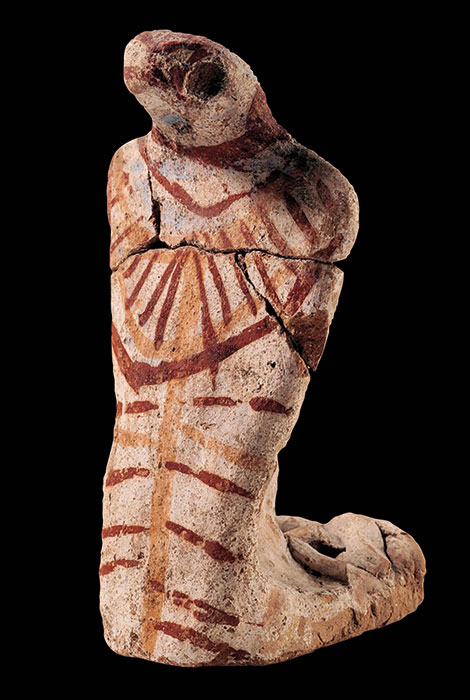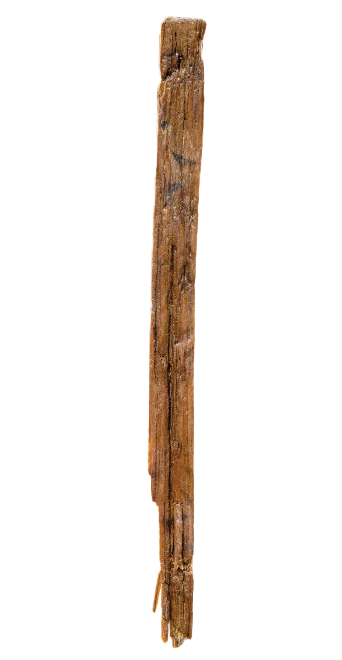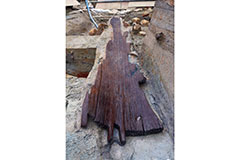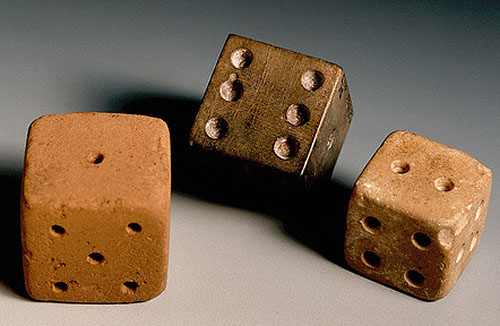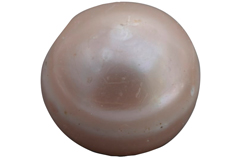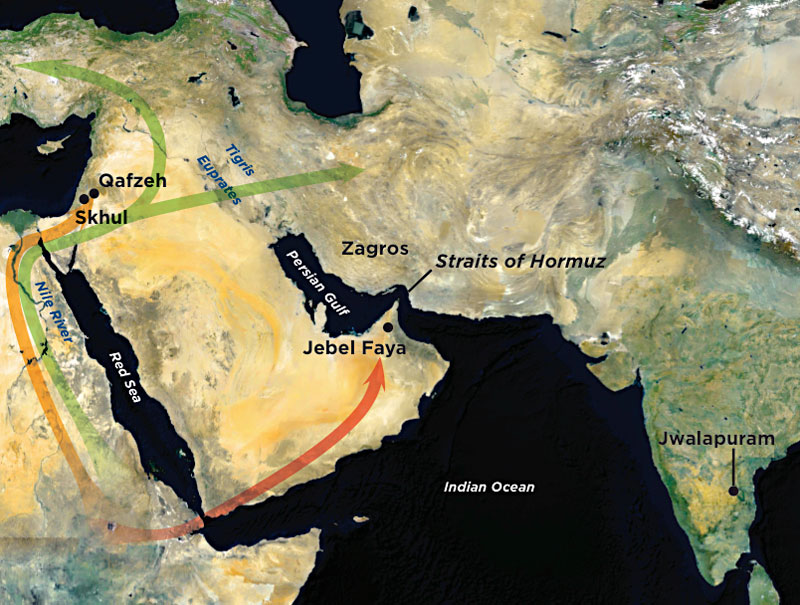Features From the Issue
-
Features
The World of Egyptian Demons
Thousands of supernatural beings, including protective cobra spirits and knife-wielding turtles, guarded ancient Egyptians in life and death
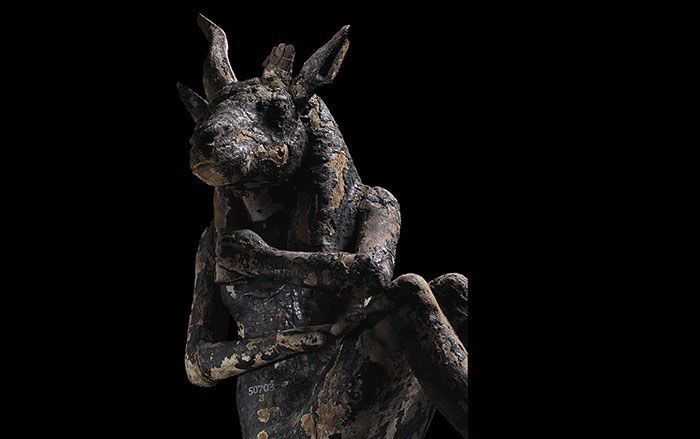 (The Trustees of the British Museum)
(The Trustees of the British Museum) -
Features
Secrets of Scotland's Viking Age Hoard
A massive cache of Viking silver and Anglo-Saxon heirlooms reveals the complex political landscape of ninth-century Britain
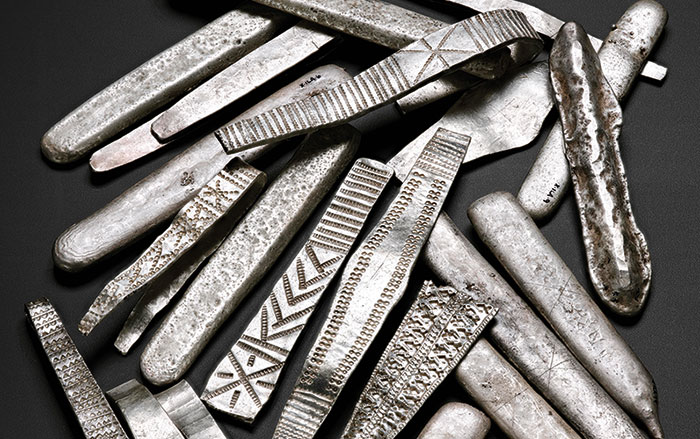 (National Museums Scotland)
(National Museums Scotland) -
Features
Fit for Fighting
The discovery of Mesopotamian-style armor in northwest China offers new insights into a battle- tested ancient technology
-
Features
To Live and Die in Pompeii
Unearthing the unusual burial of a freedman who gained entrée into the city’s top social ranks
-
Features
Pottery's Origin Stories
Why did hunter-gatherers make the world’s first pots?
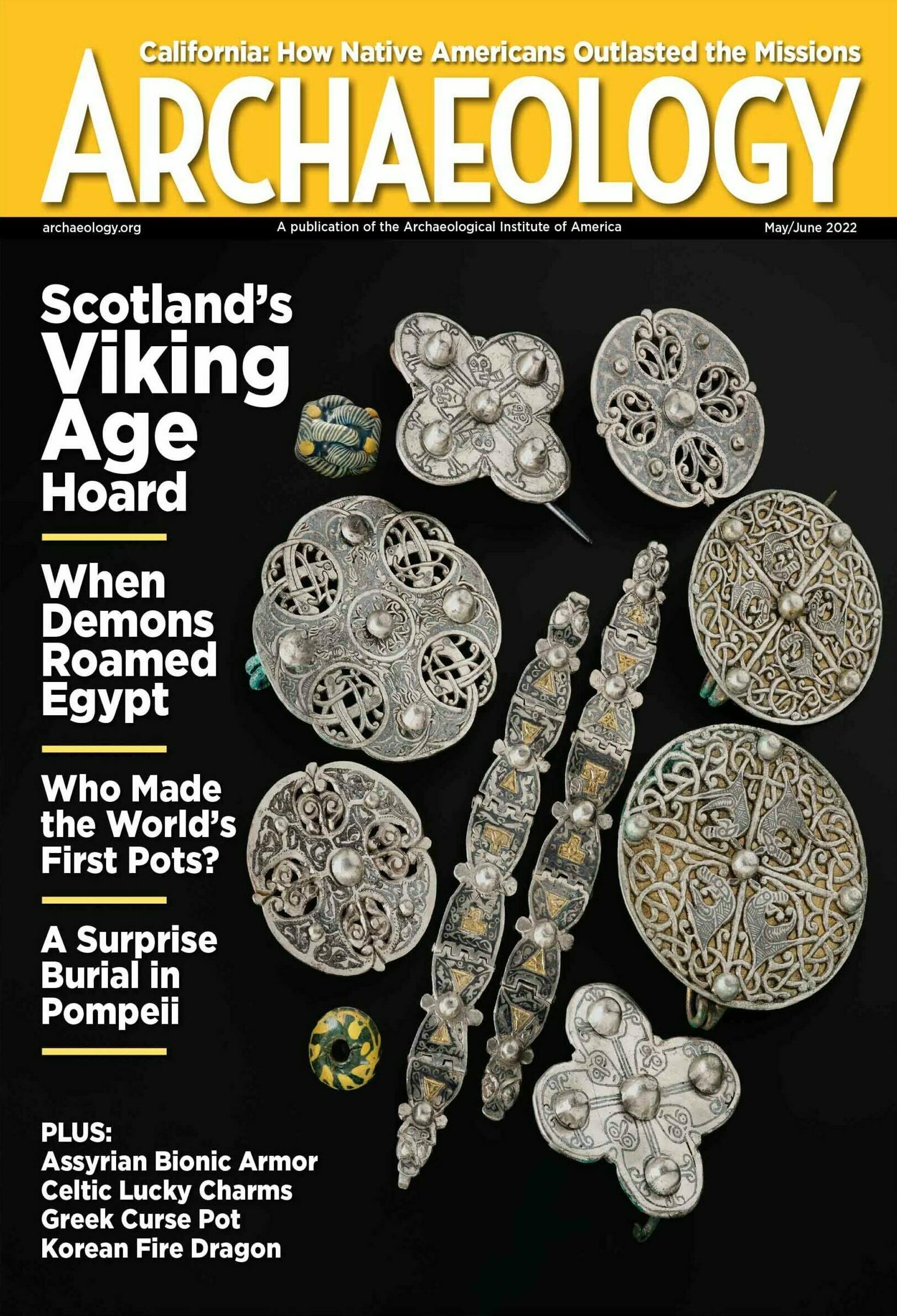
Letter from the Bay Area
Letter from the Bay Area
California's Coastal Homelands
How Native Americans defied Spanish missionaries and preserved their way of life

Artifact
Artifacts
Greek Curse Pot
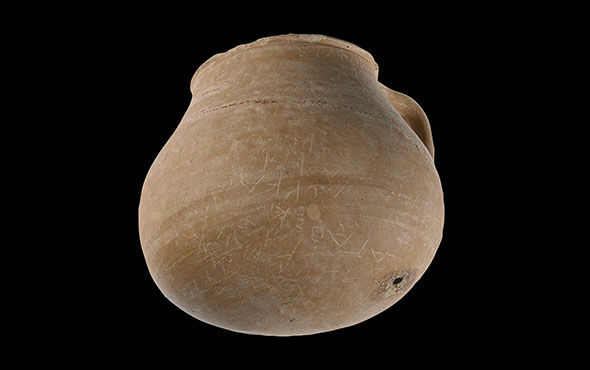
Digs & Discoveries
-
Digs & Discoveries
Cradle of the Graves
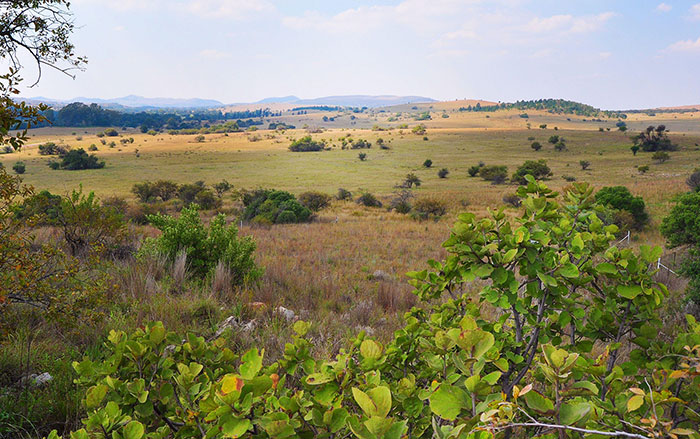 (Vita/Alamy Stock Photo)
(Vita/Alamy Stock Photo) -
Digs & Discoveries
Together Forever
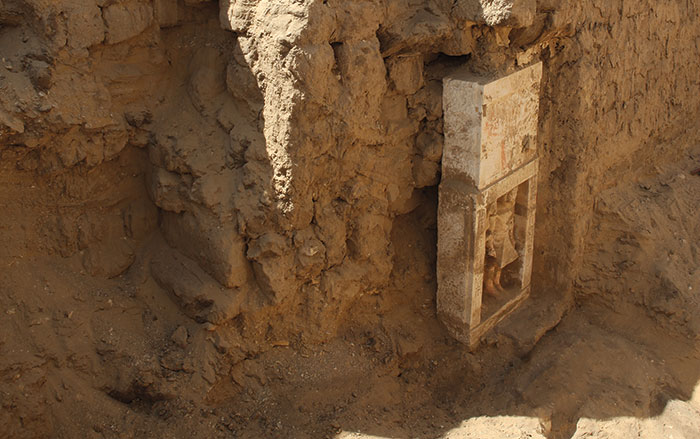 (Photo: Martin Odler © Faculty of Arts, Czech Institute of Egyptology, Charles University)
(Photo: Martin Odler © Faculty of Arts, Czech Institute of Egyptology, Charles University) -
Digs & Discoveries
Canyon of the Ancestors
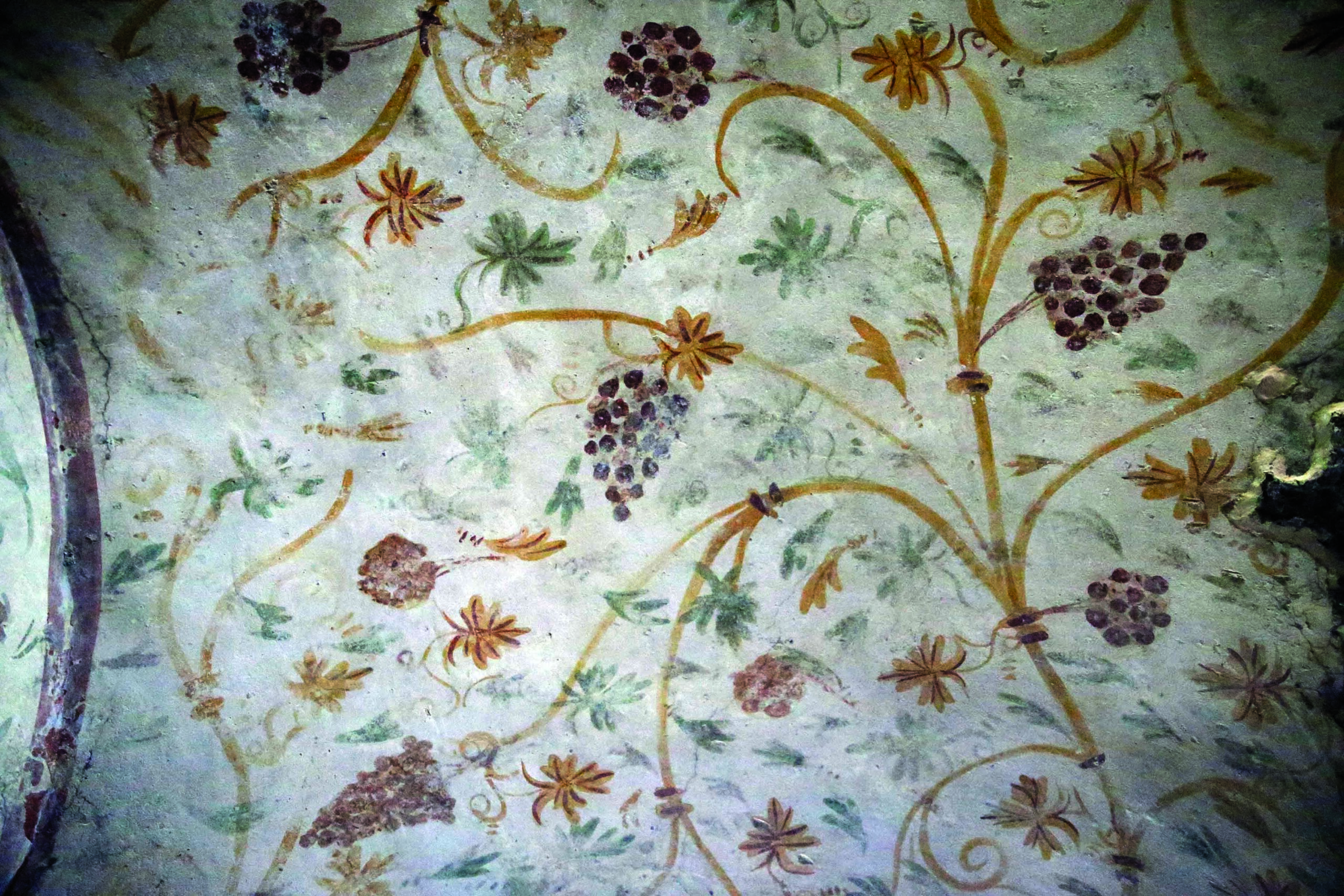 (Blaundus Excavation Archive)
(Blaundus Excavation Archive) -
Digs & Discoveries
First Falconer
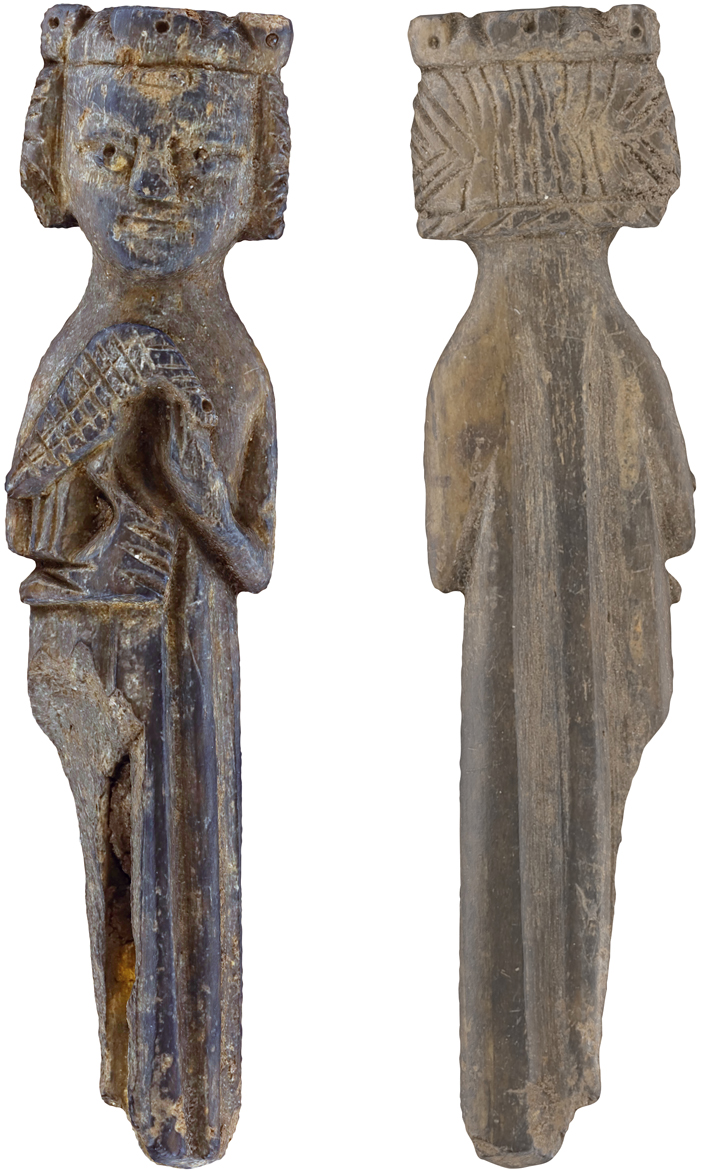 (Ann-Ingeborg Grindheim and Jani Causevic, NIKU)
(Ann-Ingeborg Grindheim and Jani Causevic, NIKU) -
Digs & Discoveries
Kunga Power
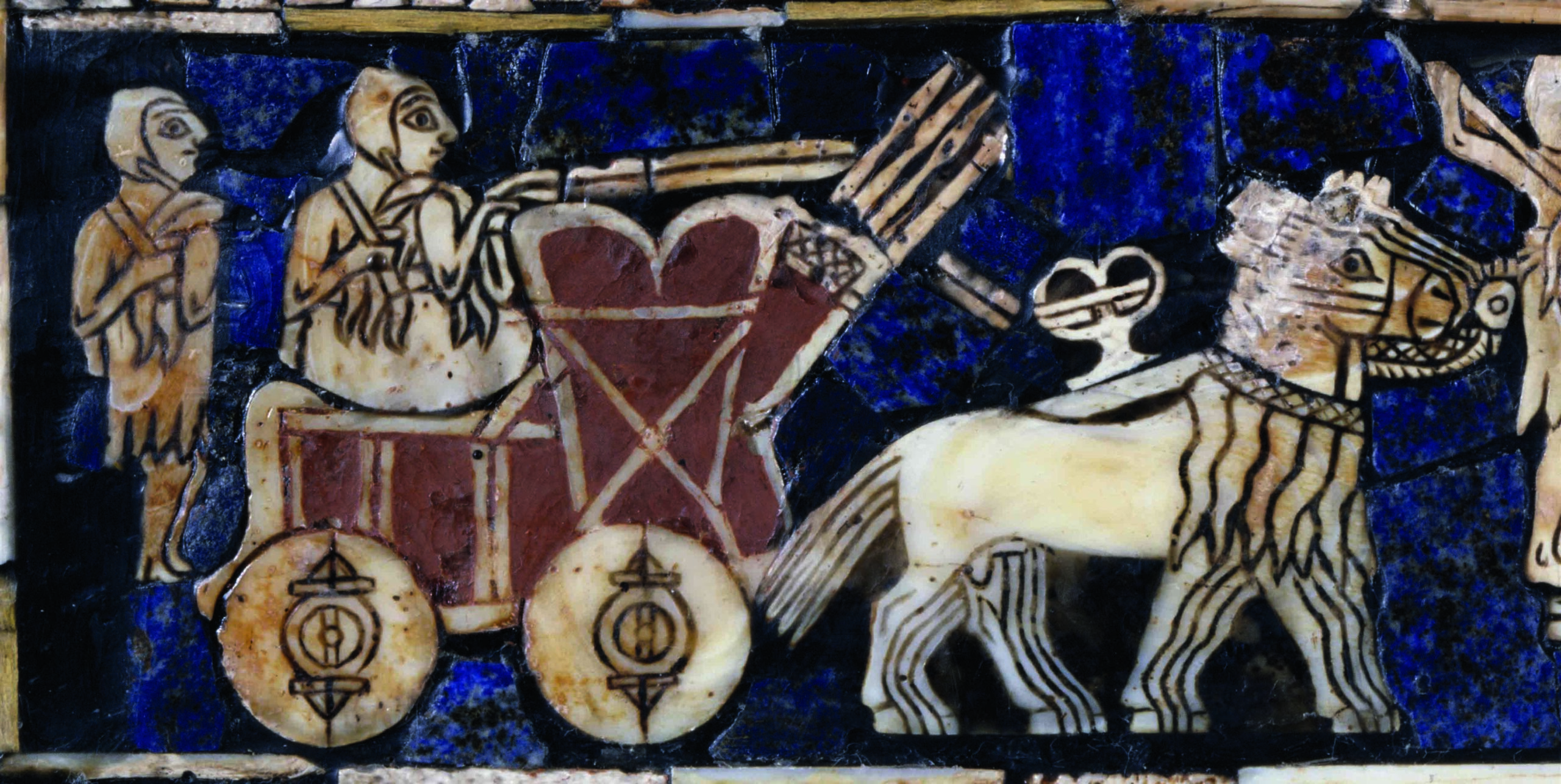 (© Glenn Schwartz/Johns Hopkins University)
(© Glenn Schwartz/Johns Hopkins University) -
Digs & Discoveries
Golden Lucky Charms
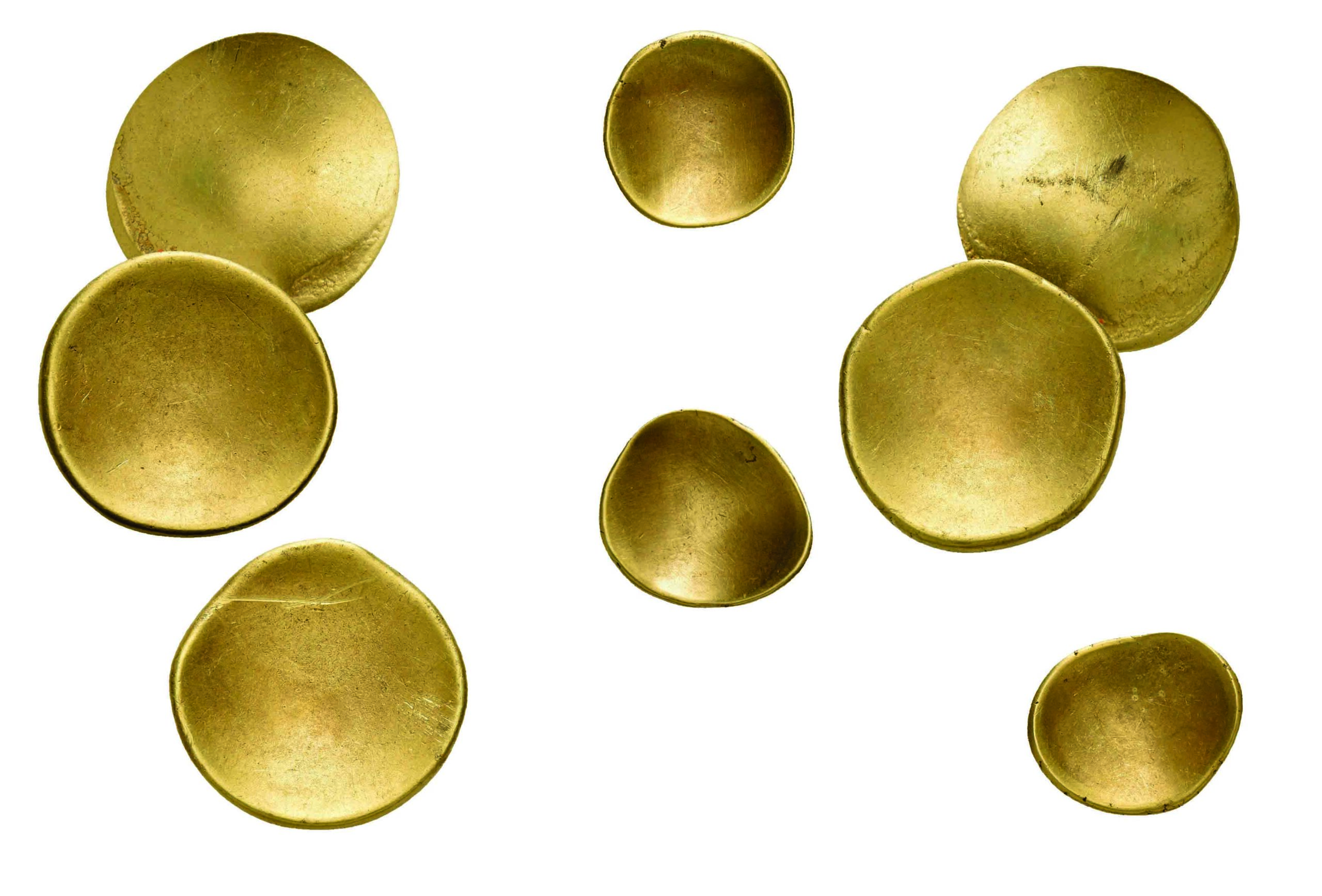 (Photo: M. Pilekić)
(Photo: M. Pilekić) -
Digs & Discoveries
Dragon Fire-Eater
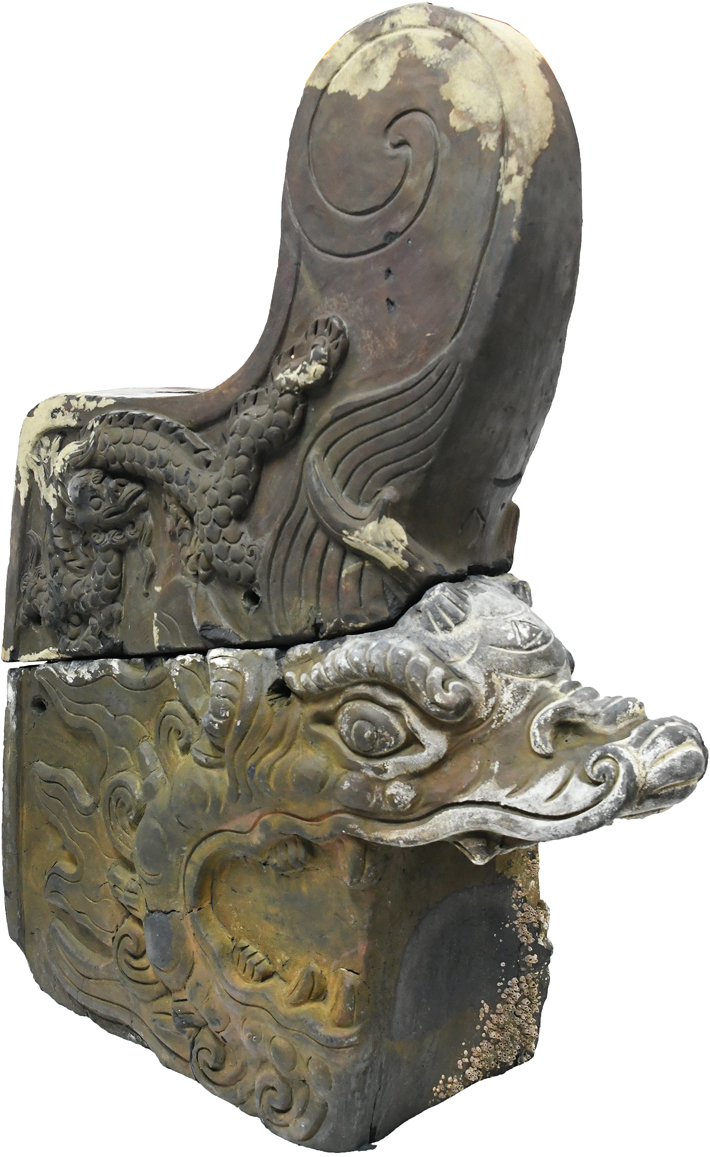 (Cultural Heritage Administration of Korea)
(Cultural Heritage Administration of Korea) -
Digs & Discoveries
Membership Has Its Privileges
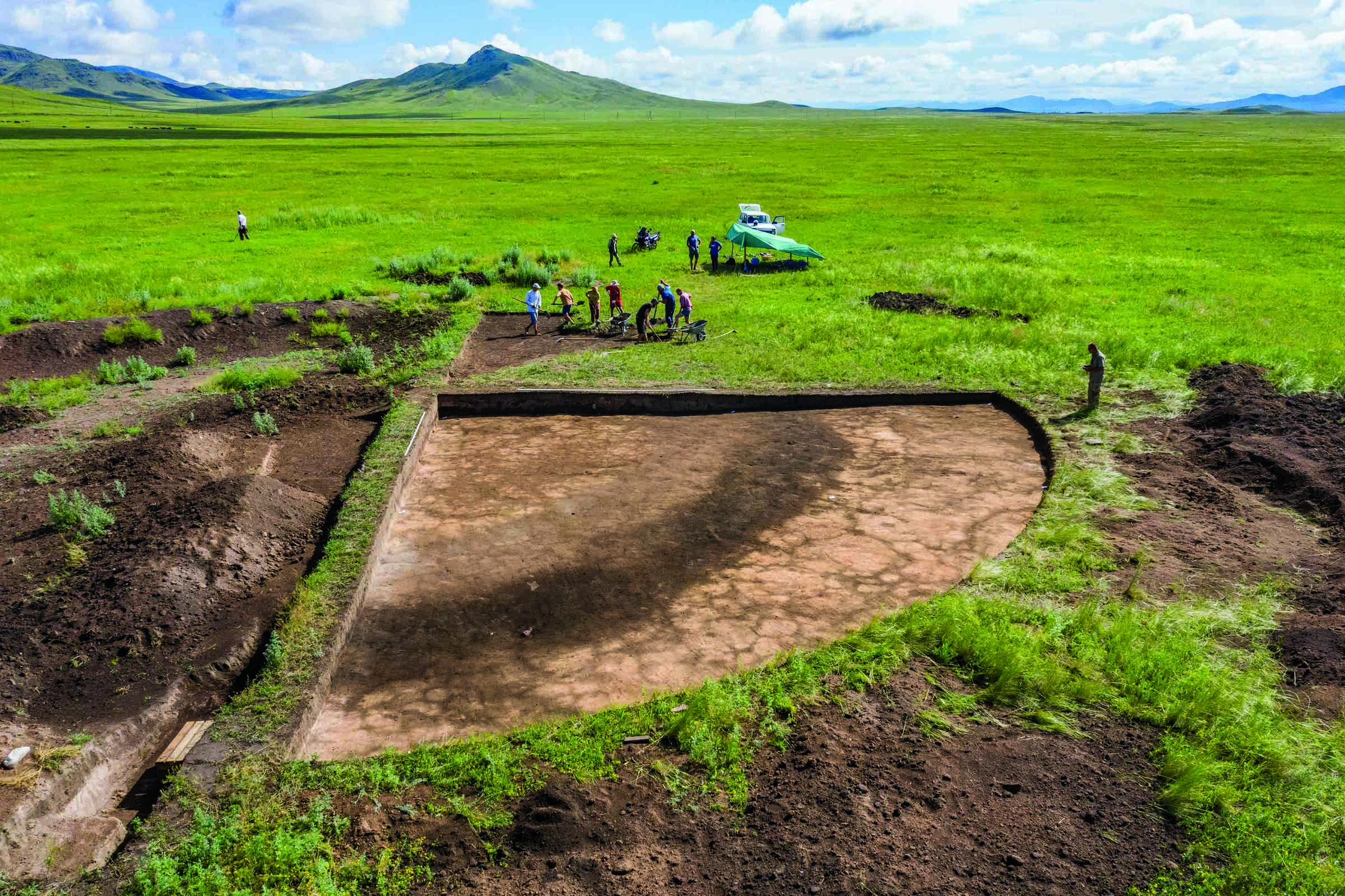
-
Digs & Discoveries
Saving Seats
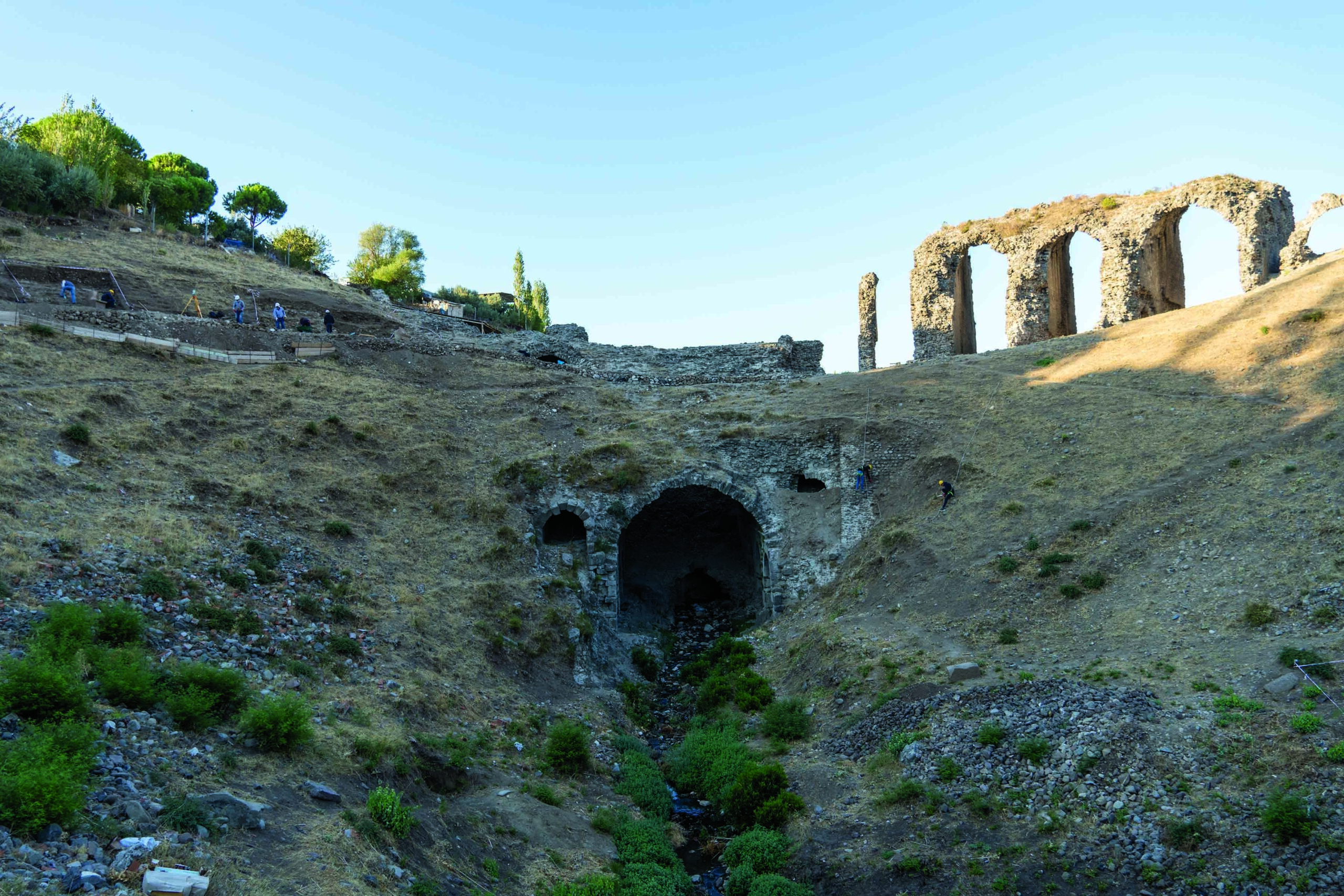 (DAI Pergamon Excavation 2021/I. Yeneroglu)
(DAI Pergamon Excavation 2021/I. Yeneroglu) -
Digs & Discoveries
More Images From Digs & Discoveries
Off the Grid
Off the Grid May/June 2022
San Pedro de Atacama, Chile
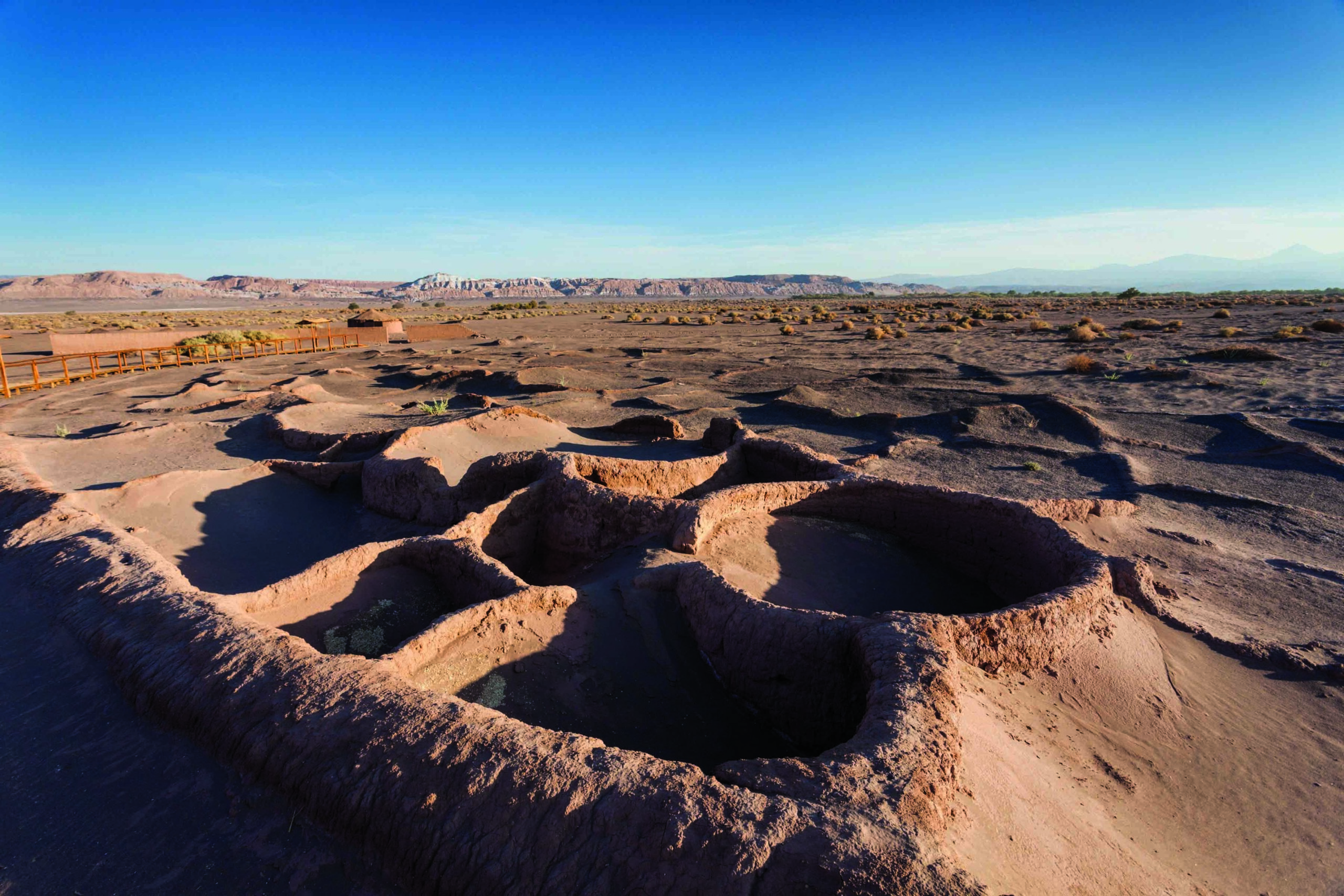
Around the World
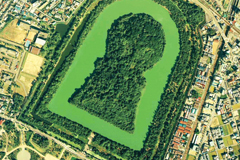
JAPAN

JAPAN: The monumental burial mounds known as kofun are said to contain the remains of Japan’s semilegendary early emperors, who ruled between the 3rd and 7th centuries A.D. Because they are considered sacred, access to the mounds is limited, and archaeologists still know very little about them. However, a new study used high-resolution satellite images and revealed that all the entrances to the keyhole-shaped tombs are aligned with the rising sun. Japanese tradition holds that the first emperors were direct descendants of the sun goddess Amaterasu.
Related Content
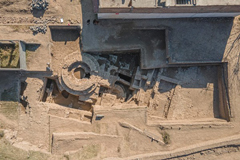
PAKISTAN

PAKISTAN: One of the world’s oldest known Buddhist temples was unearthed atop the ancient acropolis of Barikot in the Swat Valley. The complex, which is preserved to a height of more than 10 feet, dates to the 2nd century B.C. It was built on a platform and features a cylindrical structure, a small stupa, and a number of small rooms. The site has a more than 3,000-year-long history and was purportedly besieged by Alexander the Great in 327 B.C.
Related Content
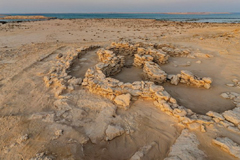
UNITED ARAB EMIRATES

UNITED ARAB EMIRATES: The remains of round stone buildings on Ghagha Island west of Abu Dhabi are the oldest ever found in the country and surrounding region. Radiocarbon dates estimate that the ruins are 8,500 years old, making them 500 years older than the previously recorded earliest structures, which were found on Marawah Island. Although its climate today is dry and unwelcoming, Ghagha Island would have been much more hospitable thousands of years ago, when it was likely home to a small Neolithic community.


